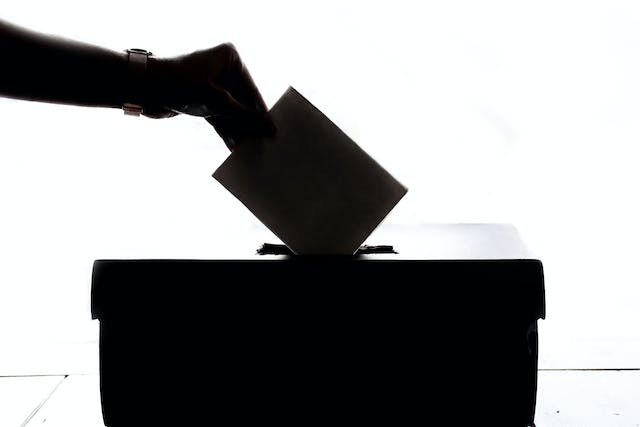
In a surprising decision, a federal appeals court ruled on Monday against a critical enforcement mechanism within the Voting Rights Act. This unexpected twist sets the stage for a potential Supreme Court standoff over this eminent civil rights law.
The Birth of the Controversy
Originating from an Arkansas redistricting case, the 8th U.S. Circuit Court of Appeals ruled that private parties are now barred from filing lawsuits under Section 2 of the law. If left unaffected, this ruling could significantly weaken the Voting Rights Act, which has since 1965 stood as a bulwark against racial discrimination in electoral procedures.
Advocating that the "text and structure" of the voting rights statute did not afford private plaintiffs the authority to file lawsuits under Section 2, the panel highlighted a ruling affirmed by a Trump-appointed federal judge in Arkansas earlier this year.
Contradicting Decades of Legal Precedent
However, this decision marks a clear departure from decades-long legal standards. Private plaintiffs have been crucial in filing cases under the Voting Rights Act, which forbids any election rules with discriminatory intent or consequences. The Justice Department, facing issues of constrained resources and various other concerns, has been limited in the amount of such cases it files each year.
"Removing the right of individuals to sue under Section 2 of the Voting Rights Act opposes established law, the principles of fairness, and common sense," remarked Paul Smith from the nonpartisan Campaign Legal Center.
The Vitality of Private Legal Actions
Echoing this sentiment, David Becker from the Center for Election Innovation & Research showcased the critical importance of private lawsuits in enforcing the Voting Rights Act. He stressed that the U.S. Justice Department's voting section lacks sufficient legal personnel "to be everywhere in the nation at once."
The ruling that is focused on the challenge brought forth by the Arkansas chapter of the NAACP and the Arkansas Public Policy Panel influences the seven states covered by the 8th Circuit. Its timing, amidst the gearing up of the 2024 presidential race, renders it even more significant.
ALSO READ: Legal Analysis: Does Gov. Ron DeSantis' 'Permitless Carry' Law Contravene the U.S. Constitution?
Twisting Tangle of Voting Procedures
Since the 2020 presidential election, voting procedures have found themselves in a whirlpool of intense political squabbles nationwide. Amidst these debates, former President Donald Trump has consistently and wrongly claimed that election fraud was the reason for his defeat.
Arkansas Attorney General, Tim Griffin praised the ruling for helping curb "meritless" challenges to states' actions on legislative map drawing and election conduct. He stressed that enforcing the Voting Rights Act should rest with politically accountable officials and not with external special interest groups.
What the Future Holds
Circuit Judge David Stras, who Trump appointed, authored for the majority and stated that the Voting Rights Act does not expressly grant a "private right of action." However, Chief Circuit Judge Lavenski Smith, in his dissent, emphasized the 182 successful Section 2 cases filed over the past four decades, of which only 15 were filed solely by the U.S. Justice Department.
Following this tumultuous decision, it is predicted that the entire 8th Circuit might review the case appeal. Yet, it is more likely that the case makes its way to the Supreme Court, especially since a recent panel from the 5th Circuit Court of Appeals arrived at a contradictory ruling.
Emphasizing the importance of expert legal guidance, this controversial drama around the landmark Voting Rights Act signifies an era of intense scrutiny and fierce disagreements around democracy's most fundamental tool - the right to vote.




